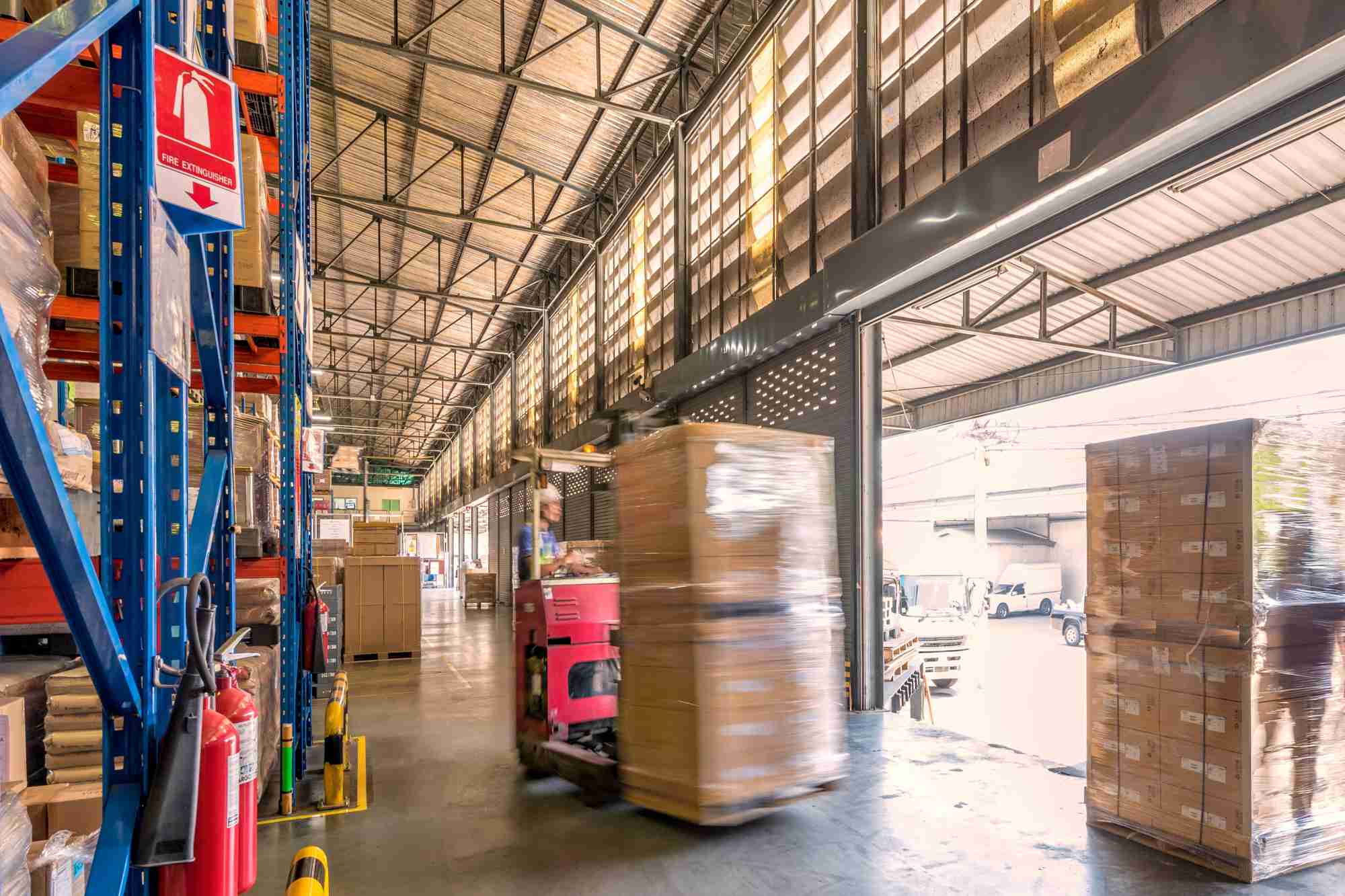How Chinese New Year Drives Revenue
Chinese New Year is a growing opportunity for brands on marketplaces. Between the rise of online shopping and the spreading popularity of the week-long celebration, we’ve seen staggering revenue increases for brands who invest.
Spring Festival–often recognized in the U.S. by the name ‘Chinese New Year’—is a growing opportunity for brands. Between the rise of online shopping and the spreading popularity of the week-long celebration, we’ve seen staggering revenue increases for brands who invest.
Spring Festival, a changing tradition driven by the rise of ecommerce
Traditionally marked with shopping—as buying new items is seen as an embodiment of a brand-new start in the new year—Spring Festival is an important period for brands. Top selling products vary from festive food, seasonal flowers and accessories, to clothes, furniture, and electric appliances.
Chinese New Year, or Spring Festival, usually falls between late January and mid-February, aligning with the start of the Chinese Lunar calendar. What you might not realize about Spring Festival is that this week-long holiday is growing into a promising ecommerce opportunity, comparable to Singles’ Day.
This year, Pattern has leveraged its expertise on local marketplaces, such as Tmall and JD.com, to take advantage of the changing Chinese New Year shopping behaviour, helping some of its brand partners achieve 500% year-over-year sales growth during the period.
The switch to celebrate online
During the Chinese New Year, historical retail sales rose for more than a decade until the COVID-19 pandemic struck in 2020. The pandemic disrupted not only the country’s economy, but also a traditional custom of the Chinese—those who move from the countryside to cities for livelihood returning to their hometown during the Spring Festival to reunite with families. The Chinese government called for its people to stay put during the festival's celebrations to fight the pandemic, resulting in less need to buy festive foods and gifts. That is, until ecommerce saved the day.
The revenue results of an online celebration
At the Spring Festival in 2021, while still adhering to the stay-put call, the Chinese government joined hands with some local online marketplaces and logistics companies to initiate an online Spring Festival shopping event that ran for 30 days and eventually brought in RMB 906 billion (USD 140.2 billion). As a benchmark, the 2021 Single’s Day raked around RMB 965 billion (USD 152 billion) in sales value. These encouraging results rallied the administration and business community together to create the second edition of the month-long shopping event for 2022’s Spring Festival.
Driven by the government-business joint effort, physical retail sales during the 2021 Spring Festival period also saw a noticeable rebound, as official data shows that total revenue made by key companies in the retail and catering categories stood at RMB 821 billion (USD 127.1 billion) during the 2021 Spring Festival, rising 28.7% year over year and 4.9% higher than pre-pandemic sales in 2019.
The growth momentum continued in the 2022 Spring Festival. During the first five days of the Spring Festival holiday, the People's Bank of China’s clearinghouse platform processed online payment transactions worth RMB 4.2 trillion (USD 660.3 billion), rising 11.6% year-over-year. Leading Chinese marketplace JD.com also announced that its turnover during the first six days of the holiday increased by more than 50% year over year.
The “non-stop” fulfillment surge
Before the pandemic, China's logistics and express delivery sectors tended to grind to a halt during the Spring Festival week, so orders were expected to be dispatched more than a week before the holiday. Things changed since 2021, as industry players started responding to the government’s call to provide “non-stop” fulfilment services during the period to enable Chinese shoppers to “stay put, buy online.”
The effort yielded a remarkable result, as official data showed China's postal industry collected and delivered a total of 660 million parcels during the 2021 Spring Festival week, which was a 260% increase on a year-over-year basis. During the 2022 Spring Festival week, we even saw some 749 million parcels being handled by the country’s delivery sector, as Chinese marketplaces have worked with logistic operators to ramp up the scale of non-stop fulfilment services.
While Chinese marketplaces still reserve this non-stop fulfilment service to the most highly competitive brands on their platforms, Pattern has helped our partners secure this offer. Thanks to the fulfilment advantage at this Spring Festival, we saw some of our partners yield exciting results of more than 500% in sales growth compared with the same period last year.
The ongoing benefits of Spring Festival
Thanks to the convenience of the ecommerce ecosystem, the hottest selling items are getting more and more diversified. For example, in 2021 Alibaba found that the sales for floor-sweeping robots, window cleaning robots, and floor washing machines increased by 100%, 300% and 1,800% respectively, year-over-year, as younger shoppers often bought such gadgets as a gift for parents.
Another observation is regarding the synergy between Spring Festival and other significant holidays or events happening in the period. The 2022 Spring Festival week coincided with the Winter Olympics in Beijing, resulting in sales of ice sports gear and ski equipment on Tmall increasing by 300% and 180% respectively, year-over-year. In 2021, Valentine’s Day fell in the middle of the Spring Festival week. and JD.com observed that the demand for jewellery, beauty, watches, and other gifts rose significantly during this period. For example, the amount of women’s karat gold necklaces and yellow gold pendants sold increased 6.2 times compared with the same period in the previous year.
How to tackle the opportunity with Pattern
To exploit the thriving opportunity from Spring Festival, brands need to have a strong team of industry experts in the local market to stand out from the stiff competition from local and overseas players.
Pattern can accelerate your marketplace business around the world—we partner with brands through a unique model where we purchase our partner’s stock and sell it for them on online marketplaces, such as Tmall, JD.com, Lazada, Amazon, Shopee, Coupang and eBay.
Not only is Pattern in the top 5% of authorized Tmall Trade Partners, we also have boots on the ground. Pattern has a local team in China providing brand partners with a comprehensive service that help them protect their brand, drive growth, and scale distribution.
Interested in tackling the Chinese ecommerce opportunity? Get in touch and learn what we can do for your brand.


.jpg)







